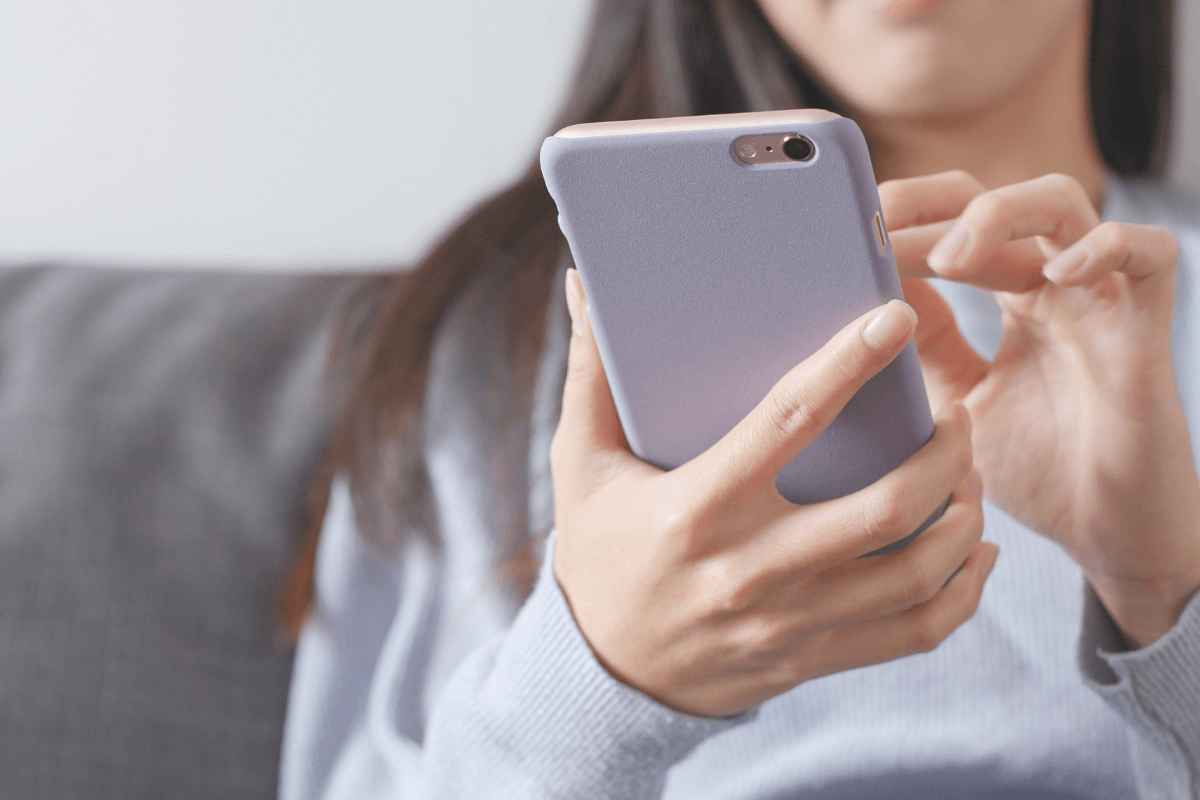All posts
Is social media causing social isolation?
Social media is a great way to keep in touch and stay up to date with the people we care about. But is the online world costing us our real-life connections? We explore the link between social media and social isolation, and what you can do to ensure your apps aren’t replacing important in-person interactions. […]


Social media is a great way to keep in touch and stay up to date with the people we care about.
But is the online world costing us our real-life connections?
We explore the link between social media and social isolation, and what you can do to ensure your apps aren’t replacing important in-person interactions.
The link between social media and social isolation
With social media apps at our fingertips, it’s not uncommon for online interactions to substitute face-to-face catchups.
But when we spend more time following our friends’ updates online than we do seeing them in person, it can lead to social withdrawal and alienation.
Research shows a link between heavy social media use and feelings of social isolation and loneliness.
It found those who spend the most time on social media (more than two hours a day) had twice the odds of perceived social isolation than those who said they spent half an hour or less a day on those sites.
Benefits of in-person connection
Face-to-face interactions offer significant benefits for our mental and physical health.
In-person human contact is known to trigger parts of our nervous system that release dopamine and oxytocin, the “happy” chemicals that help regulate our response to stress and anxiety. It also helps lower cortisol, the main stress hormone.
Whether it’s eye contact, a hug, a handshake, or a high-five, direct person-to-person contact can help make us more resilient to stress factors in the long run.
Research also shows an active social life can reduce the risk of physical disease such as type 2 diabetes.
The study found participants who didn’t join in with club activities or associate with any social groups were 60% more likely to have prediabetes.
“Our findings support the idea that resolving social isolation may help prevent the development of type 2 diabetes,” says lead study author Stephanie Brinkhues.
Managing social media use
If social media is replacing quality face-to-face time with your nearest and dearest, these tips might help you find more balance.
Limit your use
How long do you spend on social media every day? If you feel you spend more time scrolling on your phone than you’d like to, you might like to track and limit your use with an app.
There are plenty of apps that track how much time you spend on social media and alert you when it’s time to take a break.
Another option is to disable notifications so you’re not tempted to open your phone every time you get a message, like, or comment.
Call instead of message
Try calling your loved ones instead of messaging – especially if it’s to share a funny story, some exciting news, or provide emotional support. Nothing beats hearing a friend or family member’s voice and laughter over the phone.
It can also help you decipher their tone and mood better, which can help improve communication and strengthen your relationship.
Save some updates for in person
If you post about everything that happens in your life on your socials, you won’t have anything to chat about with your loved ones in person.
Next time you have an update, book a catch-up and announce it in person before posting online.
If you need some extra support, talking to a counsellor can help. You can call us on 1300 364 277 to make an appointment, or learn more about our counselling services here.
We offer some tips to overcome social isolation in this blog post.
Back to all posts